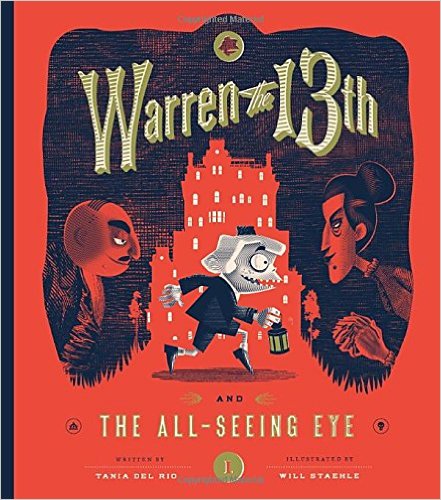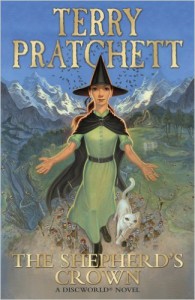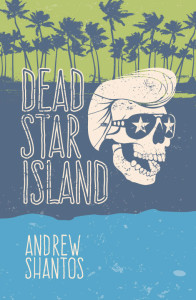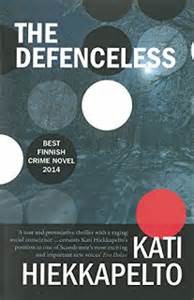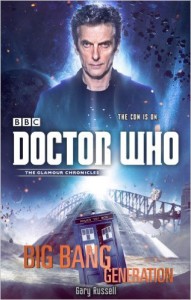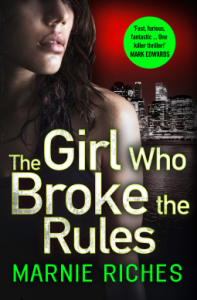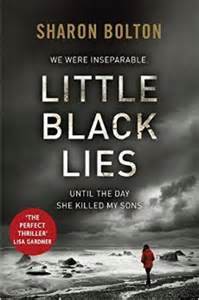
Today I am delighted to welcome Joff Sharpe to Grab This Book. Joff’s book Reciclador will stand out as one of the most memorable titles I have read this year and I am thrilled that Joff has taken time to answer a few of my questions.
The first question I had when I sat down to read your book was: who or what is Reciclador?
He is a scavenger; a person who rides around on top of a donkey cart collecting other people’s garbage which he can sell to recycling companies for a few pesos. He plays a small but very important role in the book because he symbolises the possibility of redemption.
The two central characters in Reciclador are Yessica and Marcus. Yessica is an open book and we learn so much of her background yet Marcus is a walking mystery. If pressed would you say this is Yessica’s story or would you put Marcus at the heart of the tale?
Sorry to duck the question but actually I think it’s the story of their relationship and the question of whether it will survive the storm and how much collateral damage it will inflict on other key members of the family.
Why did you elect to write a book set in Columbia? Does the social dynamic of Columbians give greater flexibility than other countries?
Columbia is a country of extremes. It’s beautiful, bountiful, maybe even a little mystical but also struggling through a post-Pablo Escobar social and economic renaissance. In many ways the story of Reciclador is an analogy for the struggles that are going on in Colombia at the moment.
Are there any elements of Reciclador which were influenced by actual events?
Absolutely; the character of Marcus is inspired by a larger-than-life German ‘rogue financier’ called Florian Homm. I researched him when writing an article for Newsweek entitled ‘Are the real Wolves of Wall Street dead?’ Actually, many of the craziest ingredients in the book like ‘The Young Womens’ Talent Competition’ are also based on true events. Of course the general background music of narco-terrorism, police brutality and kidnap is also real.
One of the elements of the book I found most shocking was the seeming disregard for human life that several of the characters seemed to hold. I need to avoid spoilers, however, violent death almost seemed to be accepted as part of life in Columbia. Is this typical of how some areas of Columbia (and possibly elsewhere) live their lives?
Search YouTube stories for Medellin and it’s not long before you’re coming across young men talking openly to camera about how many people they’ve killed. The situation has improved dramatically since the late 1990s but it is estimated that some 5,000 inhabitants last year were displaced through threats, violence and forcible gang recruitment. The situation is fragile.
Elsewhere in Central America, including Mexico, drugs and the associated violence have made some metropolitan areas almost ungovernable. Kidnap, torture and beheadings are the hallmarks of many narco-gangs and citizen vigilante groups are now springing up in response. Police murder squads have existed in various South American countries for years.
You have written about Financial Fugitives for Newsweek, Huffington Post and The South China Morning Post. I am fascinated by the concept that successful people can essentially ‘cut and run’ and evade authorities. How frequent/common is it for someone to abscond and leave behind millions of pounds in debts and failed investments? Would it be typical for the companies involved to try to repair the damage without alerting their clients?
Small-scale fraud is common-place and is often ruinous to the families of “clients”. The more shocking examples are where public figures have behaved outrageously and with impunity under the noses of financial authorities. Alan Stanford and Bernie Madoff would be classic examples. Damage-repair is a more complex issue and it depends on the magnitude of the fraud relative to the size of the company. For example, Nick Leeson is credited with single-handedly destroying ING Barings bank with his unauthorised trading activities.
Reciclador is your debut novel, however, you have published a non-fiction title: ‘Who Dares Wins in Business.’ How does writing fiction compare to writing a business title? Does one come more naturally to you?
Writing fiction is essentially good fun, tempered only by the fact that you want your book to be commercial enough to attract a decent readership. ‘Who Dares Wins in Business’ was an usually hard book to write because it combined business writing with military history and analysis. I benefited from the advice and support of a professional journalist Teena Lyons who made sure that the whole thing hung together coherently. The book has sold modestly but spawned lucrative motivation-style speaking engagements.
I have to ask about your CV – SAS Special Forces Officer to Executive in a multi-billion pound real estate investment company (via Borneo headhunters, Rupert Murdoch and Piers Morgan). Can you pick out some stand-out moments from such a diverse career?
Standing on the decking of a submarine, as a twenty-eight year old SAS officer, and being asked; “Where to, Sir?” by the Captain has to be up there. Fast forward a few years and I rumbled into historic Prague, newly liberated from communism, in a transit van encased in a giant fibre-glass tabby cat, in an attempt to flog cat food to an incredulous Czechoslovak nation. Surely careers are made of such moments?
With such a vast range of experiences behind you what do you do to relax and unwind?
Mainly watching my kids pursue their own multiple sports and hobbies. I have also recently acquired a gigantic dog that takes me for walks. On holiday I SCUBA-dive.
Which authors do you enjoy reading or who would you cite as an influence?
It won’t surprise you that I love Colombian author Gabriel Garcia Marquez, Peruvian Mario Vagas Llosa and our own (British) Colombian trilogist Louis de Bernieres. I probably read too much of this stuff and need to read more pulp to keep my writing grounded.
Are you planning to write more fiction in the future or have you set yourself a different challenge?
If people like my fiction writing they will get more. The opposite is also true.
Joff, I can honestly say that Reciclador stands out amongst the books I have read this year, it is quite different from the domestic thrillers I normally pick up and I loved every minute of it. Thank you for taking time to answer my questions, it is very much appreciated.
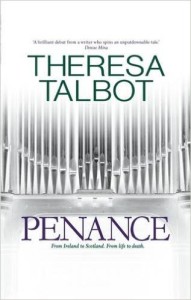 Oonagh O’Neil has a challenge on her hands – and her head over a toilet bowl. TV journalist and media darling Oonagh O’Neil faces danger and chaos when an elderly priest dies on the altar of his Glasgow church. His death comes as she is about to expose the shocking truth behind the closure of a Magdalene Institution.
Oonagh O’Neil has a challenge on her hands – and her head over a toilet bowl. TV journalist and media darling Oonagh O’Neil faces danger and chaos when an elderly priest dies on the altar of his Glasgow church. His death comes as she is about to expose the shocking truth behind the closure of a Magdalene Institution.